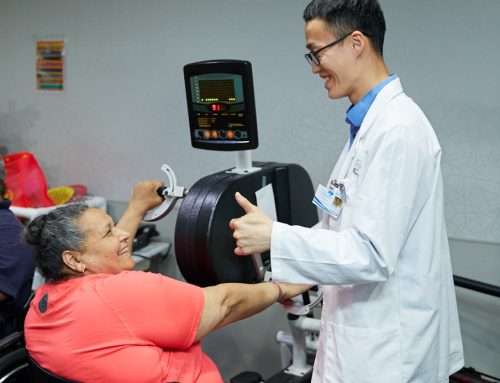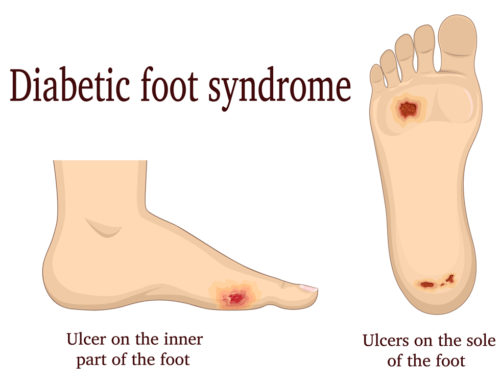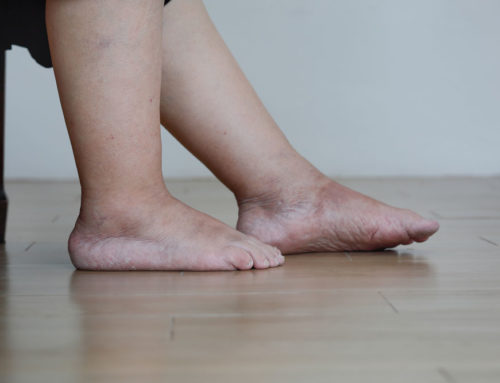Post-Operative Wound Care – What You Should Know
Any type of surgery will require an incision to reach the damaged or failing area of the body. Even if the incision is small, it still requires post-operative wound care to reduce infection and ensure proper healing. The right wound care also reduces pain, discomfort, and scarring, so it’s essential to follow your medical team’s advice.
At Fairview Rehab and Nursing Home in Queens NY, we offer inpatient, and outpatient wound care, depending on the care you require. To learn more about wound care after surgery, check out the information below.
Keep in mind that the following sections are for educational purposes only and shouldn’t replace a doctor’s advice.
Post-Operative Wound Care
One of the most important parts of wound care after surgery is infection prevention. For the best results, you’ll be advised to keep the wound clean and dry for 24-72 hours after surgery. When it’s safe to get the wound wet, showering is best to avoid soaking it. Doing so could soften and open it up again, lengthening the healing process.

Post-surgical wounds care also requires the proper cleaning method. Scrubbing the wound could tear it open, so it’s best to wipe the wound and the area around it gently. Patting it dry is also essential to remove moisture without causing further damage. Apply fresh dressings each time you clean the wound until it has closed and is partially healed.
Your medical team will monitor your wound while you’re in their care. Before you’re sent home, they’ll teach you proper wound care and pain control. It’s essential that you follow their instruction to the letter to avoid any complications.
Your team will also discuss the signs of infection to watch for. These could include swelling, green or yellow pus, excessive bleeding, or high levels of pain. Heat, redness, hardness, or fullness around the wound, or high fever are also symptoms to watch for. If you notice any of these issues, speak to your doctor immediately.
What helps surgical wounds heal faster?
Some surgical wounds heal faster than others, depending on the size of the wound and the patient’s health and age. Of course, there are a few ways to speed up the healing process after surgery.
Following your post-operative wound care instructions is a must to ensure speedy healing. Doing so keeps the wound clean and free of bacteria that could slow the process and cause infection.
Maintaining a healthy diet is another way to promote healing after surgery. A diet containing high levels of vitamin C, zinc, and protein is required. Your meals should contain citrus fruits, vegetables, meat, fish, and dairy for the best results.
Exercise improves blood circulation, sending nutrients and oxygen where they are needed most. Though you may need to avoid certain exercises or activities to prevent opening your wound, there are safe options available. Your medical team may recommend physical therapy as part of your post-operative wound care.
This article contains informational and educational materials and does not replace health or medical advice. For questions or concerns regarding your medical condition or health objectives, speak to a qualified physician or healthcare provider.






Leave A Comment